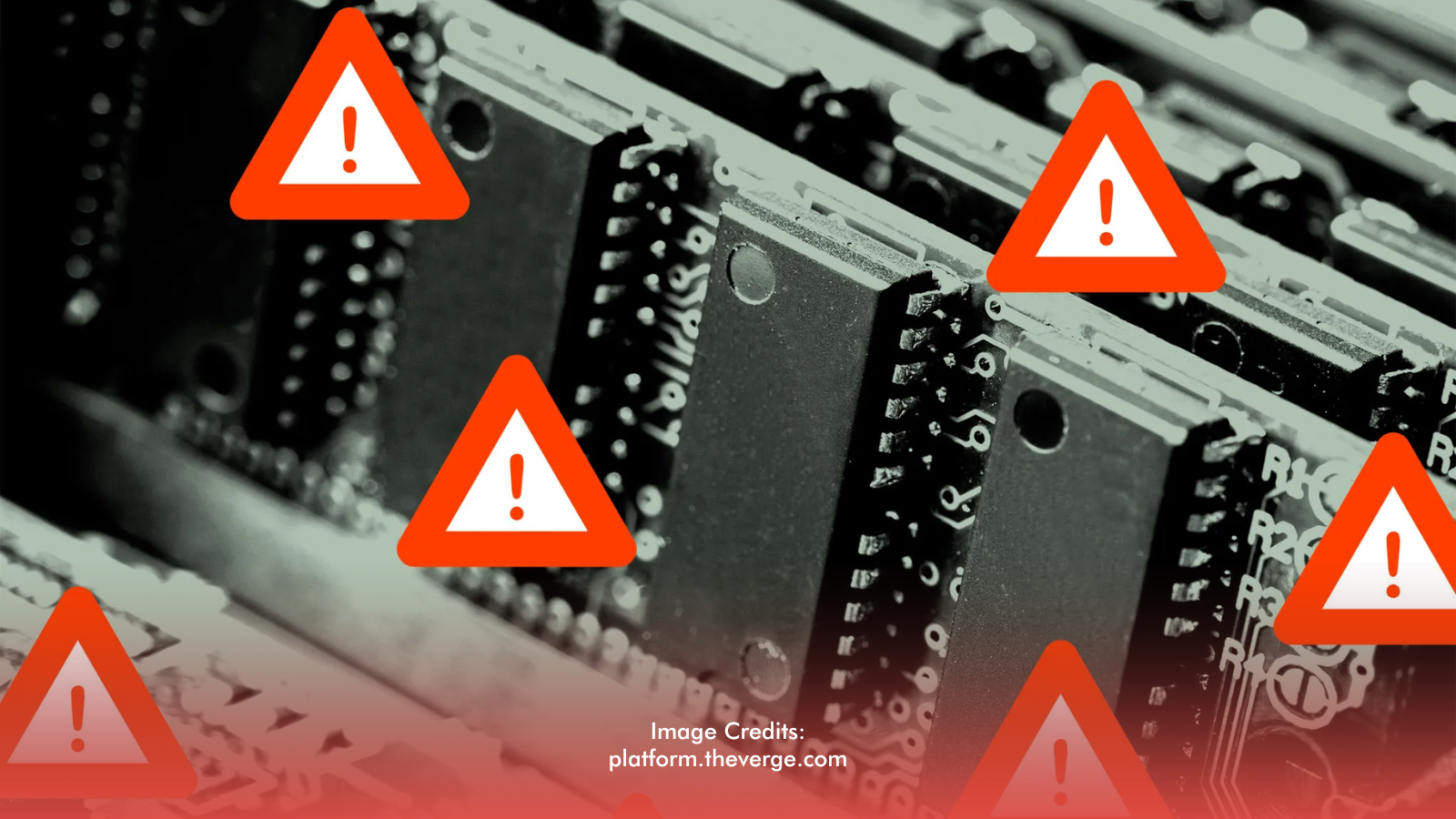Enterprises in the Philippines are being warned of a sharp rise in cyberattacks aiming to break into their systems by guessing passwords. Cybersecurity firm Kaspersky reported over 4.1 million brute-force attacks in the country in 2024 alone.
Brute-force attacks involve systematically trying all possible password combinations until one works. Once inside, attackers can steal user credentials, confidential data, and gain control over company systems.
Remote Work Exposes Weak Points
The surge in these attacks is partly linked to the growing number of employees working remotely. Kaspersky said devices used outside the company’s secured network are more exposed to attacks since they’re beyond the direct oversight of IT teams.
Across Southeast Asia, brute-force attacks hit 53.4 million in 2024. Vietnam topped the list with 19.87 million, followed by Indonesia with 14.66 million and Thailand with 7.3 million. That’s an average of 145,000 attempts per day targeting businesses in the region.
AI Supercharges Cyber Threats
What makes this threat more alarming is the use of artificial intelligence by cybercriminals. Kaspersky Asia Pacific managing director Adrian Hia warned that AI can now speed up password-guessing and encryption-breaking processes, making brute-force attacks even more effective.
“Once successful, an attacker gains remote access to a company’s systems. Imagine having an unseen intruder operating inside your business network,” said Hia. “It’s urgent for companies to reassess their cybersecurity and strengthen their defenses.”
In addition to online threats, the Philippines also recorded 1.8 million on-device attacks last year. These often involve infected USB drives or external hard drives used to spread malware and steal files offline.
Strengthening Digital Defenses
With cyberattacks evolving and increasing in volume, businesses are urged to implement stronger password policies, multi-factor authentication, and endpoint protection—especially for remote setups.








